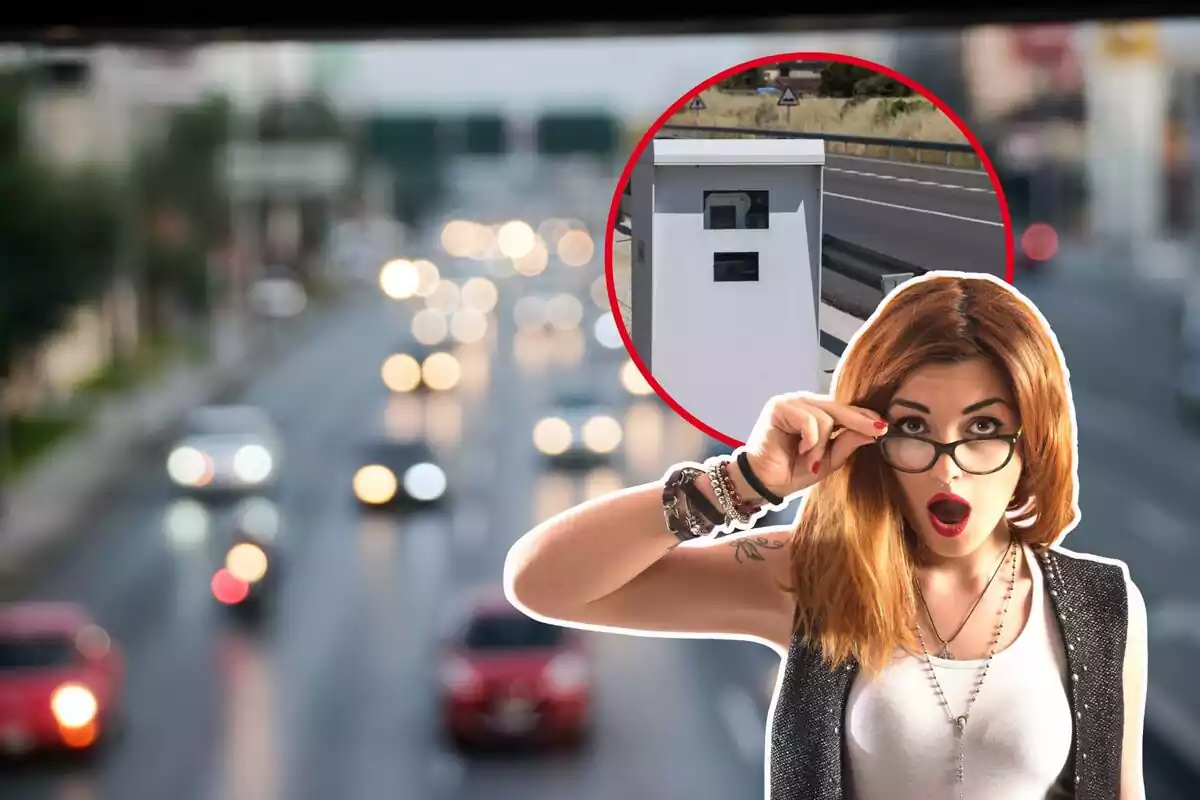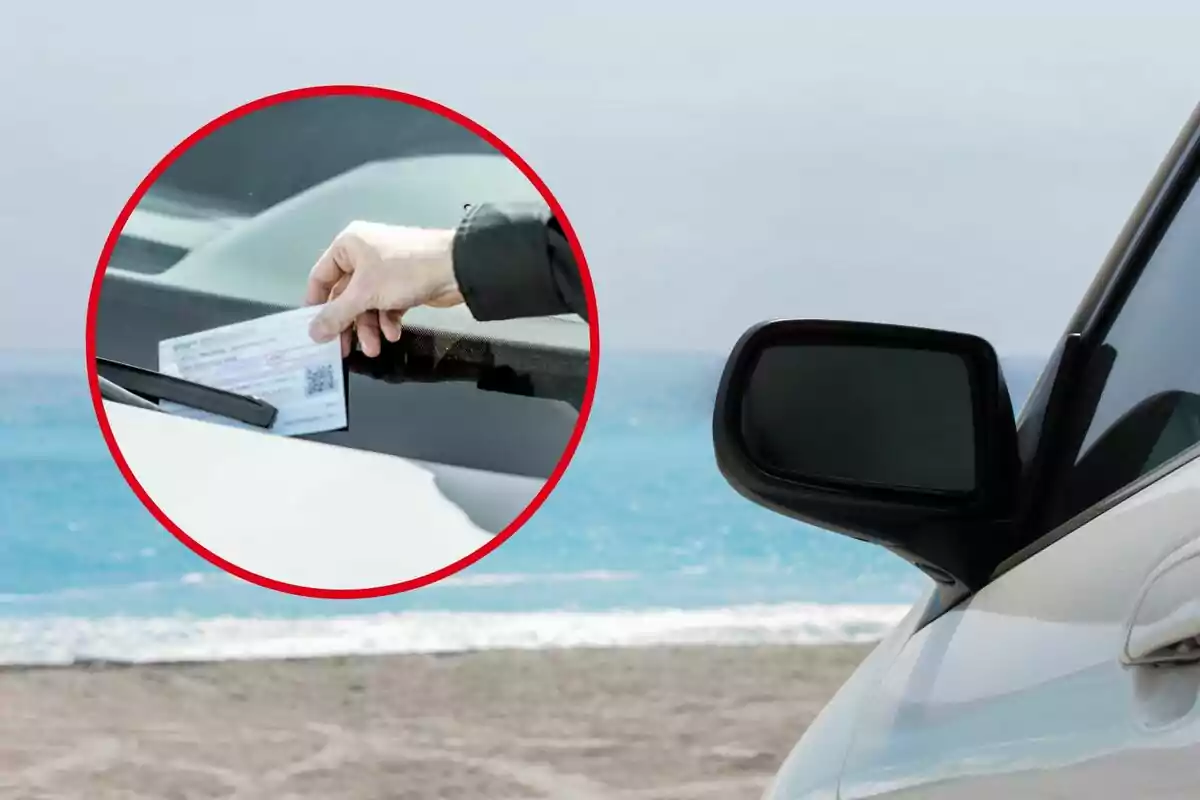Driving in construction zones will soon stop relying exclusively on drivers' good judgment. In the United States, a new automated measure is about to change the rules. Once again, authorities are seeking to curb a worrying upward trend in road accidents.
The DMV and the Colorado Department of Transportation have decided to take action. On a highway near Boulder, a technological system will be implemented to identify violations. The goal isn't to punish, but to protect lives in high-risk areas.

The new automated control cameras go into action
Starting July 21, drivers who exceed the speed limit in a specific zone will receive a warning. Cameras installed on Highway 119 will begin detecting speeds at least 10 mph over the limit. For now, penalties will be limited to a warning letter sent to the owner's home.
However, this warning will be just the first step. By fall, the devices will begin issuing automatic fines of $75 per violating vehicle. The monitored area covers a 6.2 mi. (10 km) stretch between Boulder and Longmont and, according to CDOT, this decision responds to an alarming increase in accidents. In 2023, 31 people died in construction zone accidents in Colorado, which is almost double the previous year.
"Work zones are high-risk areas with narrow and changing lanes," said Keith Stefanik. The CDOT chief engineer emphasized that "this program is about protecting lives, not punishing." Traffic conditions in these environments make speeding especially dangerous.

Similar measures in other states already generate controversy
The increase in surveillance isn't limited to Colorado. In California, a new law has caused more than half a million dollars in fines in just three months. This is law AB 413, known as the "natural lighting" rule. This measure prohibits parking less than 20 ft. (6 m) from the start of any crosswalk, whether marked or not.
Its goal is to improve pedestrian visibility and prevent run-overs, especially for people with visual disabilities. In San Diego, enforcement began in March and has resulted in thousands of fines. Between March and May, more than 6,400 tickets were issued, totaling about $660,000. Projections indicate that this figure could double by the end of the year.
Residents of neighborhoods like North Park report difficulties parking since the regulation was implemented. Automatic fines have created tension between residents and authorities. Even so, authorities insist that pedestrian safety is a priority.

